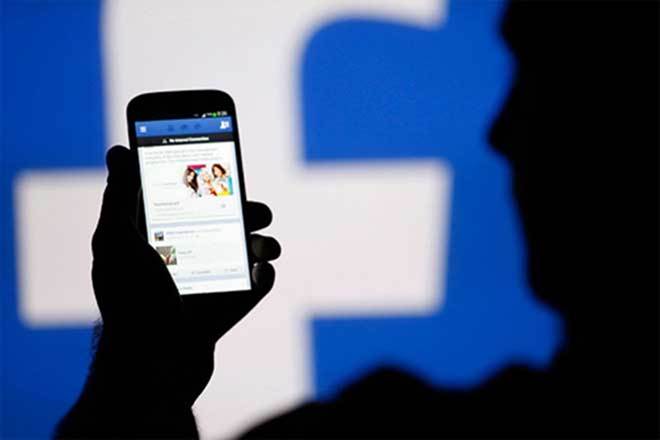
Steve Hatch, Facebook's V.P for North site Europe , states the media literacy campaign set in motion with fact checkers FullFact is proof that the organization is "listening and adapting".
But some critics and experts argue the efforts across the UK, Europe, Africa as well as the Middle East is "too minor, also late".
The campaign is going to direct visitors to the site StampOutFalseNews.com and talk to users crucial questions about what online is seen by them: "Where's it from?" "What's missing?" as well as "How did you feel?"
7 ways to prevent phony news from going viral
In recent days, over 150 companies - including Unilever, Starbucks, and Coca-Cola - have announced short-term halts to advertising and marketing buys on Facebook as an outcome of the #StopHateForProfit plan.
'Night and day'
Viral "fake news" or misinformation continues to be a chronic problem for many years on social network, and also it flared up dramatically after the emergence of Covid-19.
In May, a BBC study discovered links between coronavirus false information and assaults, deaths, and arsons, with possible - and likely much greater - indirect damage triggered by rumors, bad health and conspiracy theories advice.
The human price of disease misinformation
The (almost) full historical past of' fake news' Mr Hatch states Facebook workers have working day" and "night to tackle claims that are false during the pandemic.
"If people were sharing info that could cause real world harm, we are going to take that down. We have accomplished that in a huge selection of a huge number of cases," he says.
However the media literacy attempt is "too bit excessively late" affirms Chloe Colliver, top of the electronic research unit at the Institute for Strategic Dialogue, an anti extremism think tank.
"We've watched Facebook try to have reactive and usually very little measures to stem the tide of disinformation on the platform," Ms Colliver says. "But they haven’t been in a position to proactively create policies which help prevent owners from witnessing disinformation, false accounts, false identities, and false recognition on their platforms." Facebook also owns Whatsapp and Instagram.
Under pressure Facebook along with other social media companies also have are available under stress over misleading info or perhaps comments which might arguably incite violence, particularly blog posts by US President Donald Trump.
Sticking to widespread protests after the demise of George Floyd, the President warned: "Any challenges also we are going to assume control but, once the burglarize starts, the taking starts."
The article was concealed by Twitter for "glorifying violence", but stayed on Facebook.
Mr Hatch states the US president's articles "come under a lot of scrutiny" by Facebook employers. Echoing earlier reviews by CEO Mark Zuckerberg, he denied the comment in issue smashed Facebook's regulations, and also mentioned that the business interpreted it to be a reference to the possible usage of National Guard soldiers.
"Whether you are a political figure or perhaps anybody on the platform," Mr Hatch states, you'll be reprimanded for sharing articles which may possibly cause real world harm.